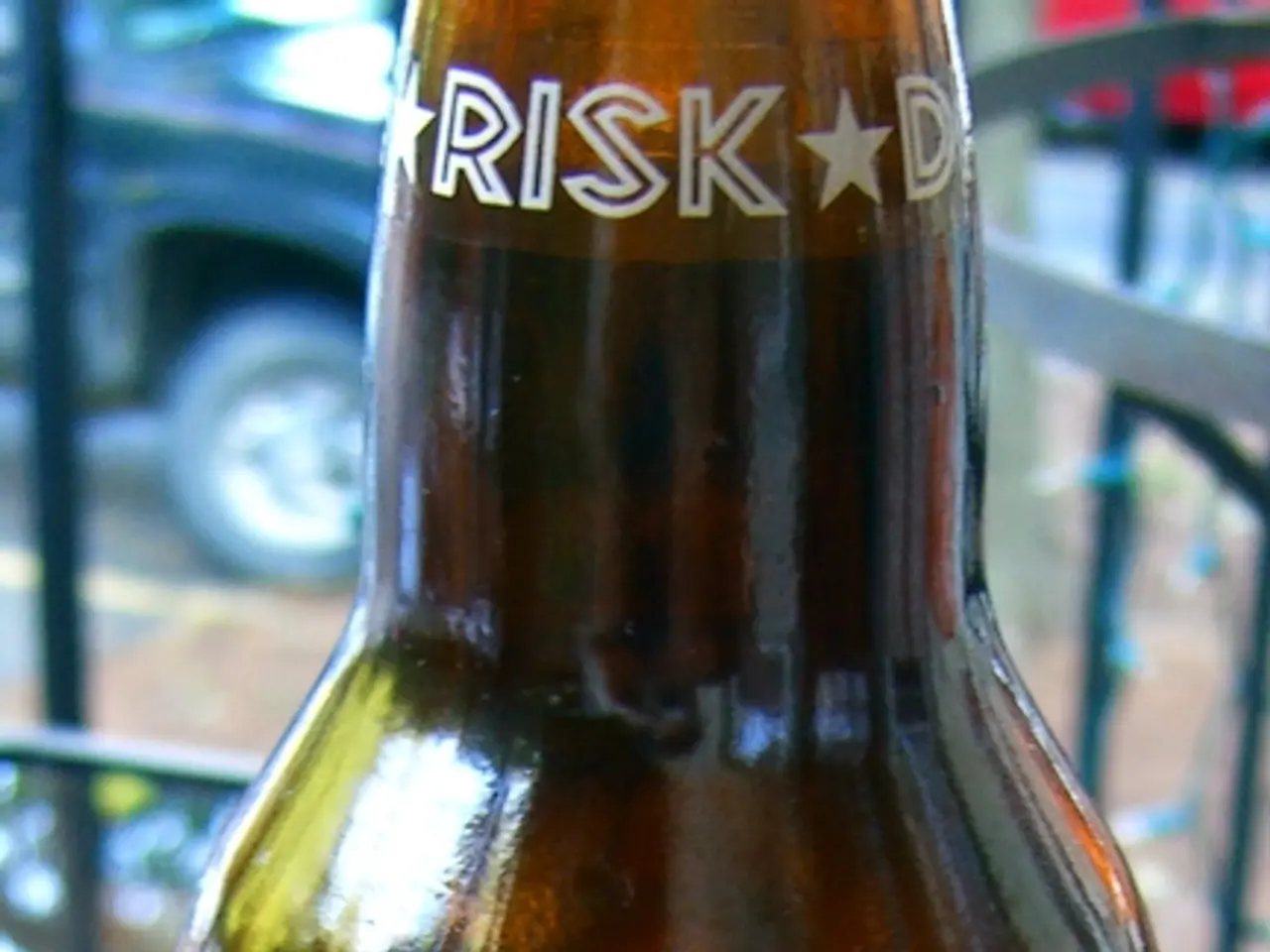Ensuring proper protection for NRW residents against heatwaves is crucial.
In a bid to address the growing concerns over health risks associated with extreme heat and UV radiation during heatwaves, especially in workplaces, SPD state parliamentarian Sonja Bongers has put forth several solutions.
Bongers advocates for the introduction of Heat Protection Regulations at Work, establishing clear legal standards to safeguard employees from heat stress, similar to existing occupational safety rules for other environmental risks.
Moreover, she urges employers to implement mandatory Heat and UV Protection Measures. This includes providing shaded rest areas, ensuring access to drinking water, adjusting work hours to cooler parts of the day, and supplying appropriate protective clothing or sunscreen.
To raise awareness and equip both employers and employees with the necessary knowledge, Bongers proposes increasing education about the dangers of extreme heat and UV exposure and effective prevention strategies.
In addition, she emphasises the need for enhanced heatwave early warning systems and workplace monitoring to proactively manage risks as temperatures rise.
Bongers calls for the state government to take action to protect all people from the climate crisis. She suggests encouraging companies to participate in corresponding skin cancer screening campaigns for their employees, within the framework of occupational medical prevention.
A first step in addressing the heatwaves' impacts could be to support the model heat protection plan for hospitals and nursing homes, as presented by the Federal Ministry of Health.
Bongers points out that UV radiation during heatwaves poses significant health risks. Excessive UV radiation is one of the main risk factors for the development of skin cancer, according to the German Cancer Society.
The climate crisis is expected to cause extreme weather events in the upcoming summer months, and heatwaves are predicted to significantly affect people's daily lives. Older people and those with chronic illnesses may be limited or unable to work during extreme heat.
Hard physical work is sometimes impossible during extreme heat in some workplaces, and many offices lack air conditioning, making work difficult during extreme heat.
Bongers suggests that the model heat protection plan for hospitals and nursing homes should be implemented in NRW. She believes that all stakeholders, including companies, should be brought to the table for this skin cancer screening.
The SPD also proposes enabling a skin cancer screening, similar to other cancer screening examinations, to combat the sharp increase in skin cancer cases due to extreme heat and UV radiation. In the past 20 years, the number of skin cancer cases has increased by 75 percent.
Floods have occurred in multiple federal states, highlighting the impacts of the climate crisis. The state government is called upon to take measures to make the coming months better for working people in NRW. Solutions must be found to make extreme heatwaves more manageable, Bongers states.
- Sonja Bongers, in her proposals, has advocated for the implementation of Heat Protection Regulations at Work in response to climate change, which aims to safeguard employees from heat stress caused by extreme heat and UV radiation during heatwaves, similar to existing occupational safety rules for other environmental risks.
- Bongers also urges employers to incorporate Heat and UV Protection Measures in the workplace, such as providing shaded rest areas, ensuring access to drinking water, adjusting work hours to cooler parts of the day, and supplying appropriate protective clothing or sunscreen, as a means to address health risks associated with climate change.
- Recognizing skin cancer as a significant health risk during heatwaves, Bongers calls for the state government to encourage companies to participate in corresponding skin cancer screening campaigns for their employees, within the framework of occupational medical prevention, as a step toward addressing the increasing number of skin cancer cases caused by extreme heat and UV radiation.




